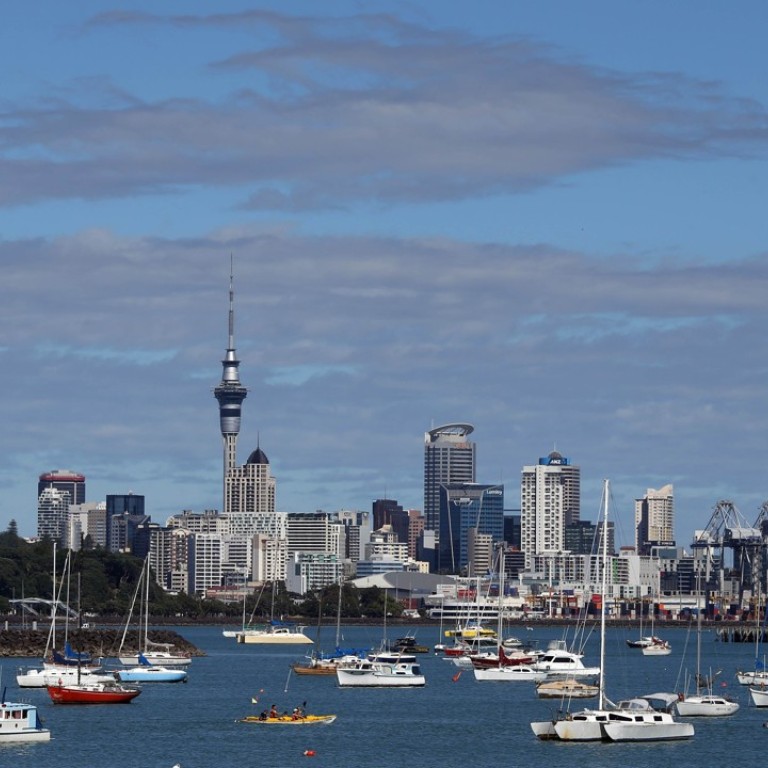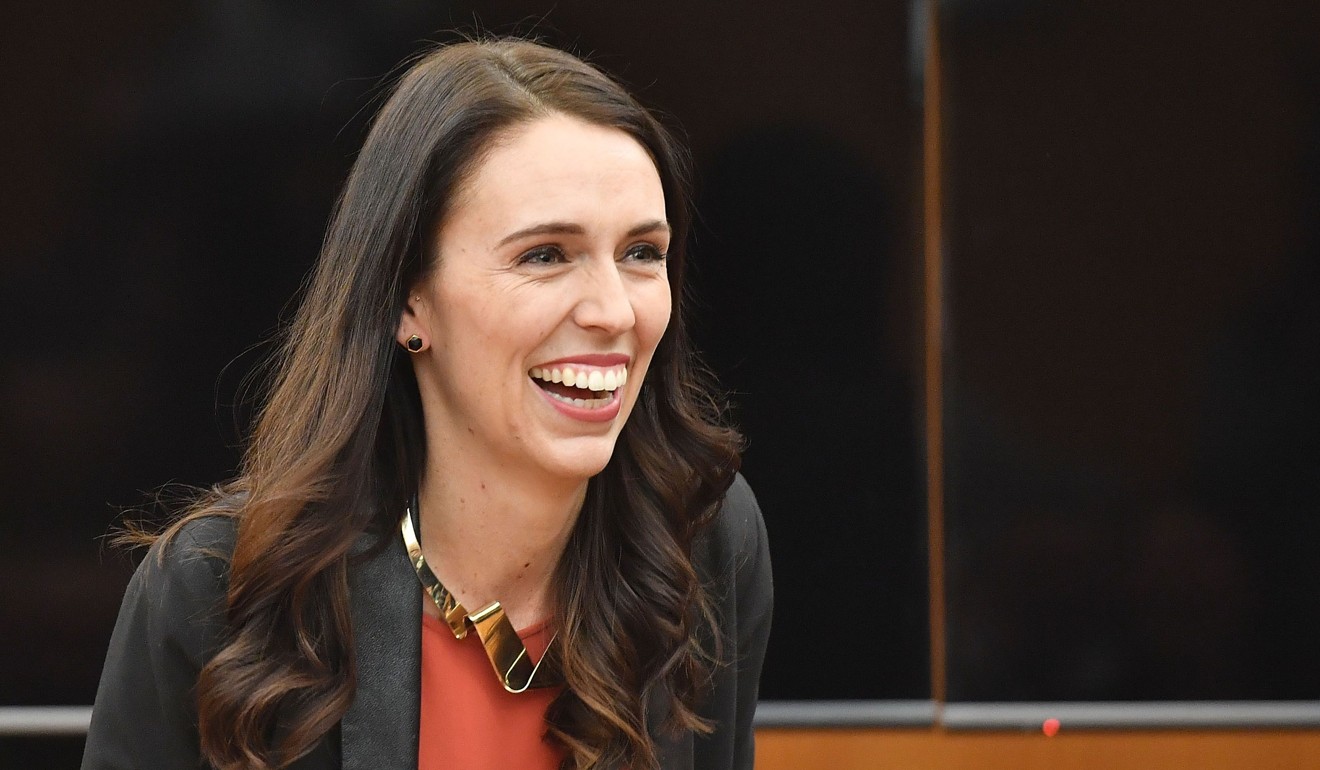
Cashed-up Chinese on notice after New Zealand PM signals ban on foreigners buying existing homes
New Zealand was the sixth most popular market for Chinese investors
New Zealand Prime Minister Jacinda Ardern said on Thursday she will seek to renegotiate the Trans-Pacific Partnership (TPP) agreement in Vietnam in two weeks’ time to allow the government to ban foreign speculators buying New Zealand existing homes.
Ardern, who was sworn in on Thursday after negotiating a Labour-led coalition after a tight election result, said she had already started work on the restrictions.
“Whether it’s TPP or any other agreement it’s making sure we have the ability to ban foreign buyers from buying existing homes in New Zealand,” Ardern said in Wellington.
Australia already has a similar policy in place.
The 11 TPP members had set a goal of reaching broad agreement on the pact in November at an Asia-Pacific Economic Cooperation meeting set to be held in Vietnam’s Danang.
New Zealand previously touted itself as a champion of free trade and was a key backer of the TPP since the United States withdrew in January, but Labour has expressed concern TPP would stop it from banning foreigners from buying existing homes. Foreign investors can still buy new houses and flats.

The policy is designed to combat a politically sensitive housing crunch that has priced many New Zealanders out of the market, with prices up more than 50 per cent nationally in the last decade. In the city of Auckland, prices have almost doubled in that period.
New Zealand was the sixth most popular market for Chinese investors, down from fifth last year, said Jane Lu, head of Australia and New Zealand for international property website Juwai.com. She said foreign buyers tended to fast-forward plans to purchase overseas when new restrictions or taxes loomed.
While voters have taken to their charismatic 37-year-old leader, traders have been less impressed with the government’s planned protectionist policies and coalition government.
Veteran protectionist politician Winston Peters, the leader of New Zealand First which holds the balance of power, delivered a victory to Labour after the 23 September election failed to result in a majority for Labour or National.
Peters last year described a Chinese company taking a majority ownership in a small New Zealand dairy processor as “lunacy”, while he called dairy giant Fonterra’s decision to send cows to China “economic treason”.
His policies have consistently centred around tight controls on immigration and foreign investment.
As well as renegotiating the TPP, Ardern said on Thursday that immigration numbers would be cut by up to 30,000 from record levels of over 70,000.
Any trade and foreign ownership restrictions could hurt New Zealand’s reputation as an open economy and antagonise the likes of China.
Trade between the two countries has grown to more than NZ$20 billion (US$14.4 billion) a year, and Chinese President Xi Jinping called the relationship “unprecedented” in its depth.

